Formula 1’s season came to a close on Sunday at the Yas Marina Circuit – and not for the first time the race passed with little in the way of fanfare. There’s now enough evidence to suggest action is needed.
There are myriad reasons why Formula 1 races can be entertaining or can pass with little to note. Sometimes the same circuit can produce a thriller one year and a snoozefest the next. It can be the regulations, the weather, drivers qualifying out of position, the tyres, varying strategies or other factors.
This year demonstrated that the same circuit, with the same cars, and the same drivers can lead to different outcomes: different drivers won back-to-back rounds at the Red Bull Ring, one race thrilling the other dreary, and different teams triumphed at Silverstone. Therefore it is not always possible to blame a circuit if a race is forgettable.
But Yas Marina, time and time again, has delivered an uninteresting finale to a season.
The hybrid era races have been largely forgettable and the driver who has led into Turn 1 each year has gone on to win the race. The only time there was a memorable race for victory was in 2016, when Lewis Hamilton deliberately toured around at a substantially slower pace to try and back title-challenging team-mate Nico Rosberg into danger. That was a race laced with tension – but one which would have been enthralling irrespective of the location. In 2017 the top eight finishers started 1-2-3-5-6-7-8-9 on the grid in that order, those fourth downwards only gaining one spot through the exit of Daniel Ricciardo. The 2020 race was effectively done and dusted once the front-runners all pitted for Hard tyres after Sergio Perez’s exit on lap 10. It was a hammer blow for the spectacle: the majority of the pack on the same strategy with the one outlier – a quick driver surging from the back – removed from the race. The biggest talking point was whether someone drove slightly too slowly entering the pit lane.

Not every sporting event can be enthralling: football matches will deliver turgid 0-0s, some tennis matches are two-set walkovers, and in the midst of the Covid-19 pandemic merely being able to witness top-tier sport is a privilege. But Yas Marina’s current layout does not produce grands prix fitting for a finale.
Nonetheless, Abu Dhabi is here to stay. And it is here to stay as the lucrative season finale. Yas Marina is a fantastic facility that is the centrepiece of a man-made island that now features Ferrari World, Warner Bros. World and Yas Mall as part of an entertainment and sports hub. It is still expanding with cranes visible in all directions, and the near-constant background noise of drilling, in order to enhance its status as a tourist destination post-pandemic. Therefore with Yas Marina’s presence on the calendar guaranteed it should be a target of Formula 1 to ensure its championships do not end on a flat note.
“The amount of messages I got during the race with the sleeping emoji, it was the most I ever got,” said Mercedes boss Toto Wolff. “Hmm, what can we do? I think we need to look, and I think it’s very difficult to follow in the wake in Abu Dhabi. It’s a fantastic venue, the infrastructure is like no other, and spectacular. But like we saw with Alonso and Petrov, it’s just so difficult to overtake, even if the car is slow in front of you. Maybe there are track configurations we could look at that would make it a little bit more interesting for overtaking purposes. Sometimes you need a race like this to make a next step and develop it, and I’m sure that races here can be very exciting if we choose the right track layout.
“I wouldn’t want to miss Abu Dhabi from the calendar, it’s a fantastic place and one of the best attractions for guests when we have hospitality. It’s adding to the calendar, it’s glamorous. We just need to give it more spectacular racing.”
Daniel Ricciardo was one of the few drivers to make gains as he stayed out on the alternative strategy to rise from 11th on the grid to seventh, but even he described his race as a “long time trial,” effectively battling a virtual gap to those behind.
“It is a shame because it is such a great venue, and I certainly do not want to talk the place down because I want to keep coming back here because it is amazing,” said the outgoing Renault driver.
“But maybe we could play around with the layouts, I know there is a few alternatives around here. Because unfortunately on Sunday it is tricky, it is sometimes a bit grim from an entertainment point of view.”

Drivers largely revelled in F1’s return to old-school venues this year, notably Mugello and Imola, with the gravel/grass run-offs looming perilously close, as well as the ability to experiment with different lines – effectively the antithesis of a venue such as Yas Marina.
“I think as a driver, you like cambered corners and you hate off-camber,” said Sebastian Vettel upon F1’s visit to Mugello. “This track wasn’t designed by [Hermann] Tilke, so there is not so much off-camber here. Normally the design reason for the off-camber is the water drainage, but I think there are other solutions. Therefore I will always favour corners that have camber, because they will lead to more grip. It makes it more exciting.”
Several sections of Yas Marina have the off-camber corners that frustrate drivers, particularly the third sector of the lap, which takes racers around and beneath the W Hotel.
It may not need overwhelmingly drastic action. The reprofiling of some corners and complexes would at least change the dynamic and at least show that effort has been made at a venue unchanged since it joined the calendar in 2009. It is not exactly lacking in funds to at least explore potential alterations, within the obvious boundaries of what the land can offer, given accompanying structures and water. If some sections are altered it may affect how other corners are treated. For example the change in Bahrain, from the grand prix layout to the Outer circuit, did not affect the first few corners, but the reduced downforce levels meant drivers found Turns 1/2 a slightly more challenging proposition. Elsewhere organisers at France’s Paul Ricard, following criticism of two subdued races in 2018/19, were set to amend one or two sections of the circuit for 2020, prior to the event’s pandemic-induced cancellation. It may not have worked but there was (and still is) a desire to make enhancements.
Formula 1 has sometimes been accused of being reluctant to change but this year its hand has been forced and it must be lauded for its willingness to be flexible in the midst of a crisis.
But if nothing changes at Yas Marina then there is little reason to expect Formula 1’s season finales to be anything other than a procession into the sunset.
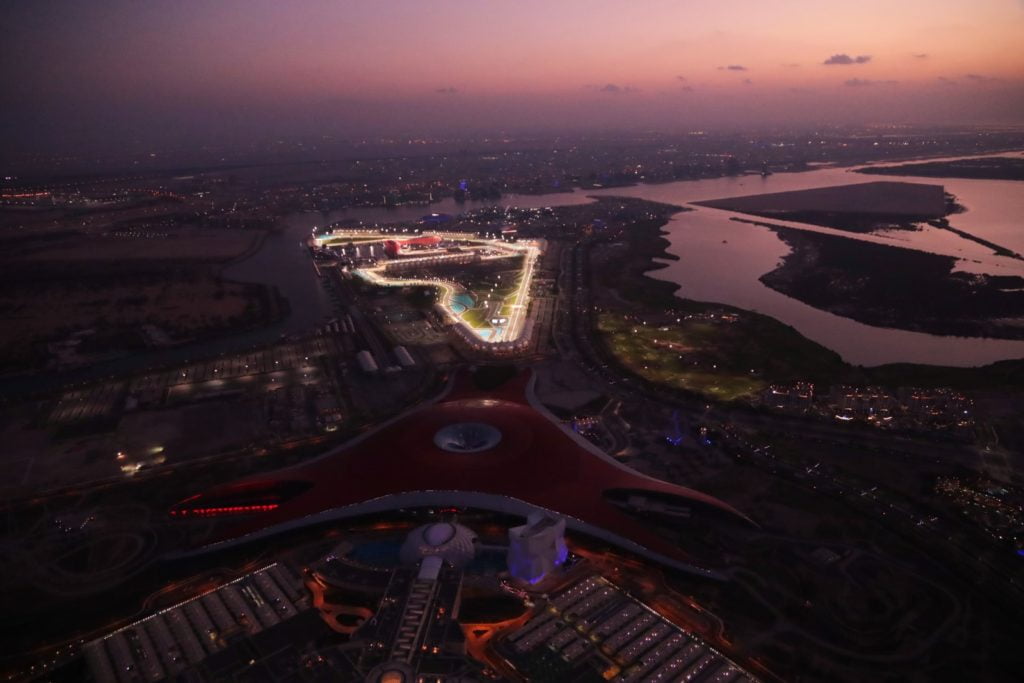




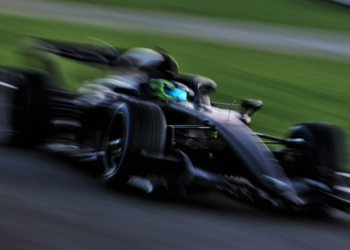

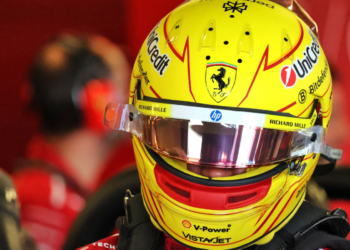
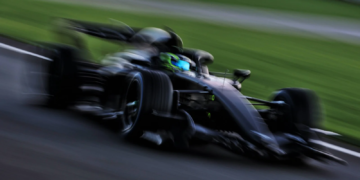

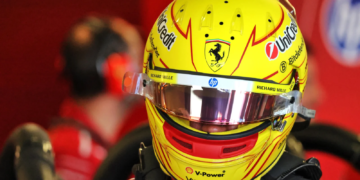
Discussion about this post